
The diagnosis process
This page outlines the dementia diagnosis process, which is designed to rule out other conditions and identify the type and stage of dementia.


This page outlines the dementia diagnosis process, which is designed to rule out other conditions and identify the type and stage of dementia.
1. Initial consultation
The process typically begins with a visit to a general practitioner (GP) or primary care doctor. The doctor will take a detailed medical history, ask about symptoms (e.g., memory loss, confusion) and may speak with a close family member to gather additional insights.
2. Physical examination and lab tests
Basic health checks and blood tests are done to rule out other possible causes of memory issues, such as vitamin deficiencies, thyroid problems, infection or medication side effects.
3. Cognitive and mental assessments
The doctor will assess memory, thinking skills and problem-solving using brief cognitive tests such as the Mini-Mental State Examination (MMSE) or Montreal Cognitive Assessment (MoCA). This helps determine the level of cognitive impairment.
4. Referral to a specialist
If dementia is suspected, the GP may refer the individual to a neurologist, psychiatrist, geriatrician or memory clinic for further evaluation and diagnosis.
5. Brain imaging
Scans like MRI or CT can help identify changes in brain structure, rule out strokes or tumours and support the diagnosis of a specific type of dementia, such as Alzheimer’s or vascular dementia.
6. Diagnosis and follow-up
The specialist reviews all test results and observations to make a formal diagnosis. This includes identifying the type of dementia and planning next steps for treatment, care and support.
7. Post-diagnostic support
Referral for pre-/post-diagnosis support through ADSS Dementia Coordinators, dementia reviews can be carried out through the GP on a yearly basis.
Read Dudley's blog about the importance of getting a diagnosis here.